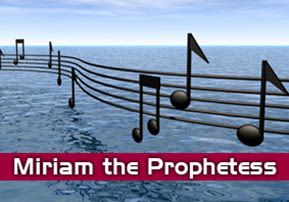
Beshalach: Miriam the Prophetess
Rabbeinu Bachaya notes that Miriam is the first person called a prophet in the Torah. The first time the Torah mentions the word “prophet” is in regards to a woman…

Parshat Beshalach
THE SONG OF THE WOMEN AT THE SEA
The Torah describes the song of Miriam and the women after the song of Moshe and the men at the Sea. “Miriam the prophetess, Aharon's sister, took the drum in her hand, and all the women went after her with drums and dances” (Shemot 15:20). Why did the Torah repeat the entire first verse of the Song of the Sea when describing the song of Miriam and the women who joined her? Malbim explains that the women’s song is mentioned separately to emphasize that the Exodus took place in their merit. The women of that generation, therefore, received their own prophecy at the Sea.

MIRIAM THE PROPHETESS
The Torah calls Miriam “the prophetess” at the splitting of the Sea and the Talmud enumerates her as one of the seven prophetesses (Megillah 14a). Miriam prophesied that her mother would give birth to a son who would redeem Israel. When Moshe was born and the house was filled with light, her father got up, kissed her and said, “My daughter, your prophecy has been fulfilled.” When they put him in the Nile, her father rose, struck her head and asked, “My daughter, what will become of your prophecy?” Therefore, it states, “his sister stood from afar” (Shemot 2:4)to find out what would be the end of her prophecy (ibid). According to the Talmud, it is not clear why Miriam was called a prophetess at the Sea rather than prior to the birth of Moshe, when she originally prophesied. Etz Yosef explains that only at the culmination of the Exodus, did Miriam's prophecy become totally fulfilled. Rabbeinu Bachaya notes that Miriam is the first person called a prophet in the Torah. The first time the Torah mentions the word “prophet” is in regards to a woman, in order to emphasize the great level that women attained at the Sea, as it states: “A maidservant at the Sea saw more than even Yechezkiel ben Buzi” (Mechilta, Beshalach 3). Kli Yakar agrees that Miriam became a prophetess at the splitting of the Sea, since the women merited seeing the Shechina at that time. They played drums and danced in order to draw down the spirit of prophecy, since the Divine Presence only rests upon us when we are filled with happiness (Shabbath 30b). Rabbeinu Bachaya concludes that important matters in the Torah are often expressed through women. For example, the concept of the “World to Come” is called “bundle of life” by Avigail, wife of David (1 Shemuel 25:29). Chana, the Mother of our Prayer, taught the concept of the revival of the dead (1 Shemuel 2:6), and the order of prayer. Reincarnation is alluded to by the wise woman from Tekoah (2 Shmuel 14:14). All these instances show the importance of the role of women in the Torah.
WOMEN AND DRUMS IN THE WILDERNESS
“All the women went after her with drums and dances.” How did the women have drums in the wilderness? The righteous women in that generation were confident that Hashem would perform great miracles at the Exodus, and they accordingly had brought drums with them from Egypt (Rashi, Shemot 15:20). Why is bringing drums from Egypt such an act of righteousness?
Let us imagine the scene of the Exodus. For the past three generations, Egypt has served as the home of the Jews. Their belongings have accumulated. Most of their possessions will have to be left behind, since they are rushing out on such short notice, without even sufficient time to let their bread rise. They are leaving only with what can fit on the backs of donkeys. Generally, when a woman packs for a prolonged journey, she needs to consider food, clothing, various utensils, sleepwear etc. In a high pressure situation like that of the Exodus, when there is barely enough time for the essentials, it is likely that spirituality and the need to praise G-d will be pushed aside. The greatness of the Jewish women in Egypt was their realization that there was nothing more essential than bringing G-d into the picture. Likewise, unless, we make G-d the center of our lives, nothing else has any purpose.
FAITH AND PRAISE
Most people seek out G-d only when in great danger or when they are going through hard times. The Jewish women in Egypt knew how to praise Hashem in their happiness as well. Although it is natural to notice the negative and fear the unknown, the Jewish women in Egypt praised Hashem not only for His present deliverance, but also for His future salvation, which they envisioned. Unlike the men, who greatly feared Pharaoh's approaching army, the women were steadfast in their faith, overcoming the elements of haste, pressure and peril. While the men complained to Moshe asking, “Are there not enough graves in Egypt that you have taken us to die in the wilderness?” (Shemot 14:11-12), the women confidently believed in G-d's miraculous upcoming liberation. When they escaped from Egypt, they packed not only the essentials for physical survival, but had their spiritual instruments at hand – these drums that were to be used to praise Hashem for miracles.
THE SONG OF MIRACLES AND FORGIVENESS
The word for “dances” in Hebrew is “mecholot.” This word also means forgiveness. The Midrash concludes that whoever praises G-d in song for a miracle performed for him becomes a new creation with all his sins forgiven (Yalkut Shimoni, Shemot 15, 254). Rabbi Simcha Sizel explains that the Torah repeats an entire verse when describing Miriam's song, since there could be no deeper understanding than that of the Jews at the Sea. When Miriam repeated: “Let us sing to Hashem…” she was imbued with the depth of a new realization. Therefore, it is considered as if she created a completely new song. The drumming and dancing of all the women became sanctified, and every word in the verses of their song was renewed. From this we learn that when our actions are permeated with strong feeling, understanding, complete faith and deep intention, they have the ability to transform and renew the old. Along the same lines, we celebrate Shabbath, Pesach and Sukkoth in order to internalize G-d’s change in the order of creation at the Exodus, and renew our understanding and faith in Hashem, the Creator and ruler of the world. Singing is more than just reading or speaking an idea. When a person bursts into song, she can internalize an intellectual concept, connect it to her feelings and integrate it deep within the faculties of her entire being. By praising Hashem through song, we understand G-d's greatness from a novel perspective, and renew our relationship with the Divine. This process of complete renewal within our mind and emotions transforms us into a new being whose previous sins are forgiven.
***
Rebbetzin Chana Bracha Siegelbaum is Director of Midreshet B’erot Bat Ayin in Gush Etzion. This article is an excerpt from her book Women at the Crossroads: A Woman’s Perspective on the Weekly Torah Portion, reviewed by The Jerusalem Post, The Jewish Press, Voices Magazine, Good Reads, and WordPress/JewishPress and more. To order this book, click here.



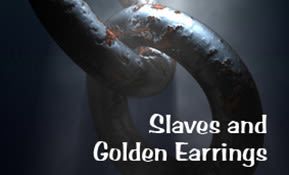

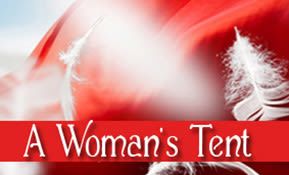
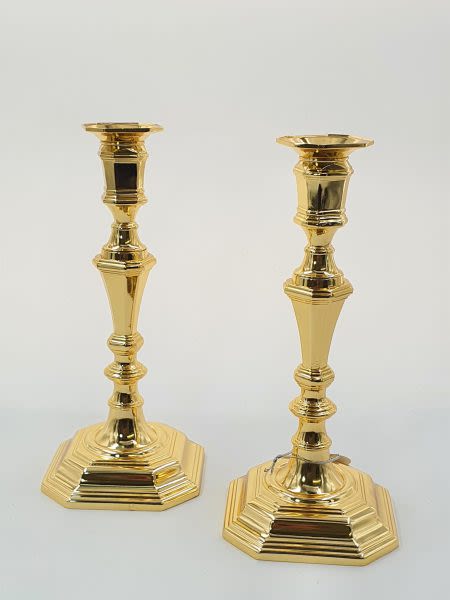
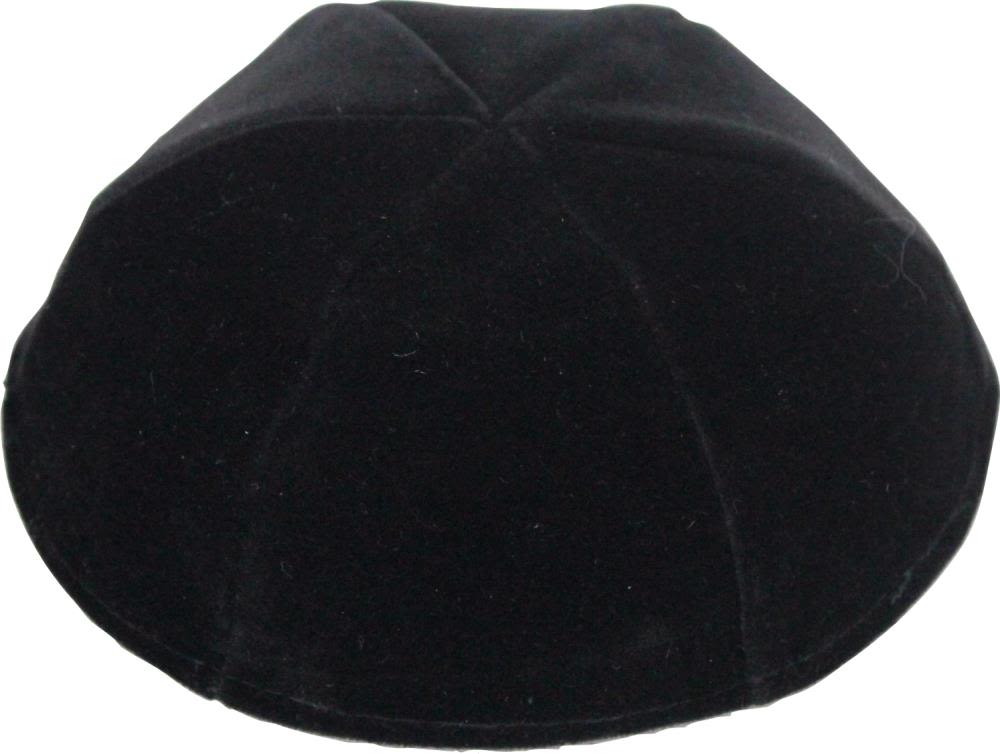
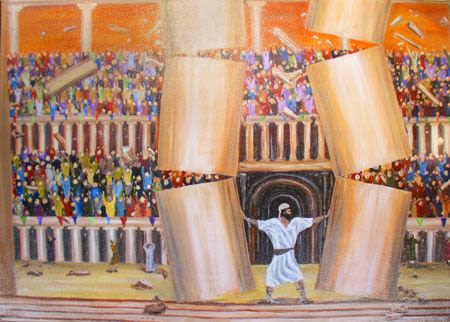
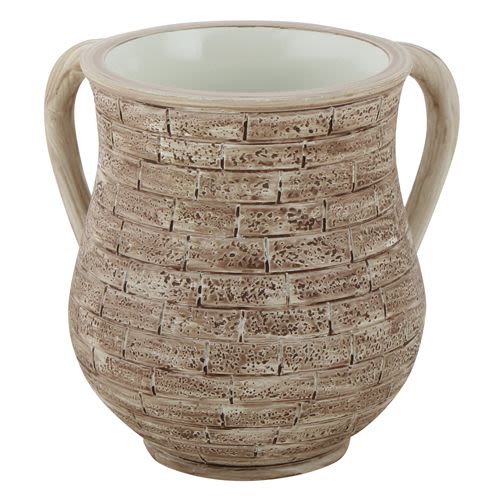
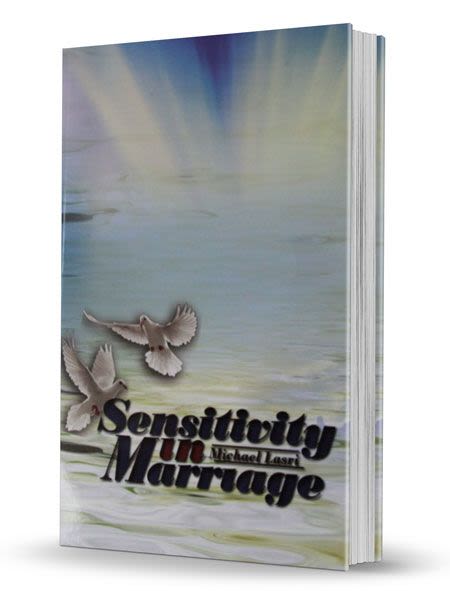
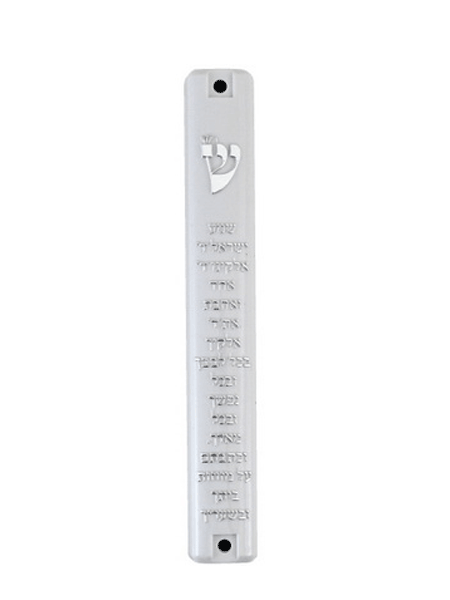
Tell us what you think!
Thank you for your comment!
It will be published after approval by the Editor.